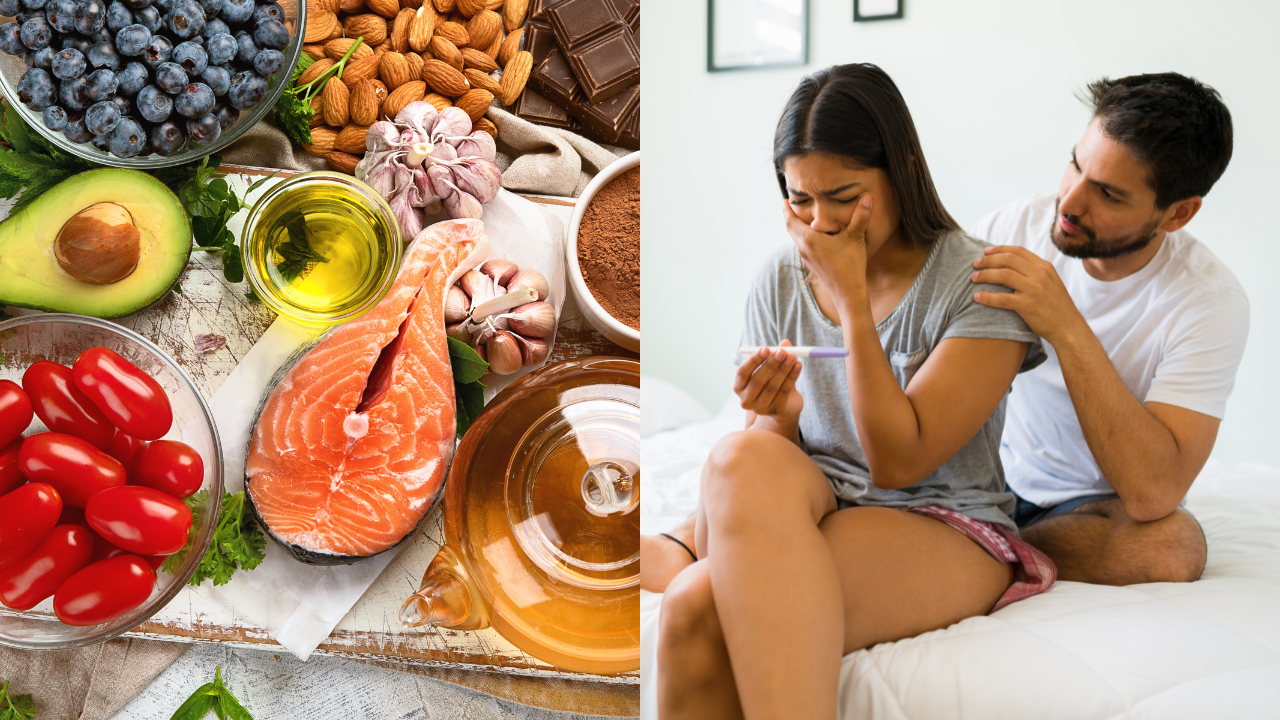You Will Be Surprised: THIS Chronic Condition Could Be the Hidden Reason You Cannot Conceive

Credits: Canva
SummaryChronic inflammation, often overlooked beside PCOS or low sperm count, can silently disrupt fertility in both men and women. Experts link it to poor egg quality, sperm issues, and hormonal imbalance, but diet, lifestyle changes, and medical care can help.
End of Article
